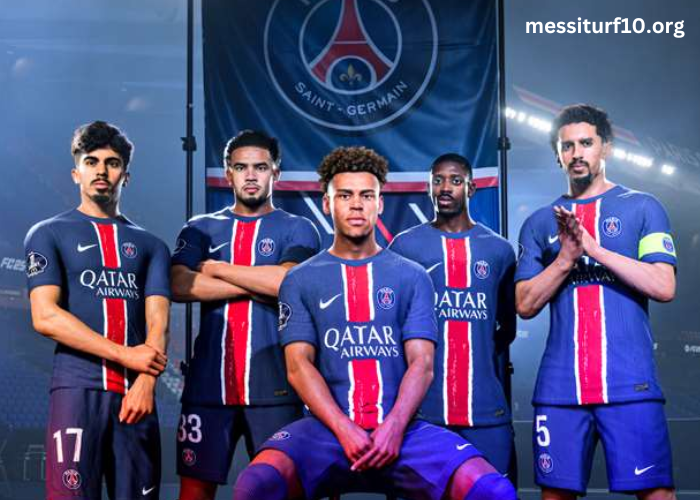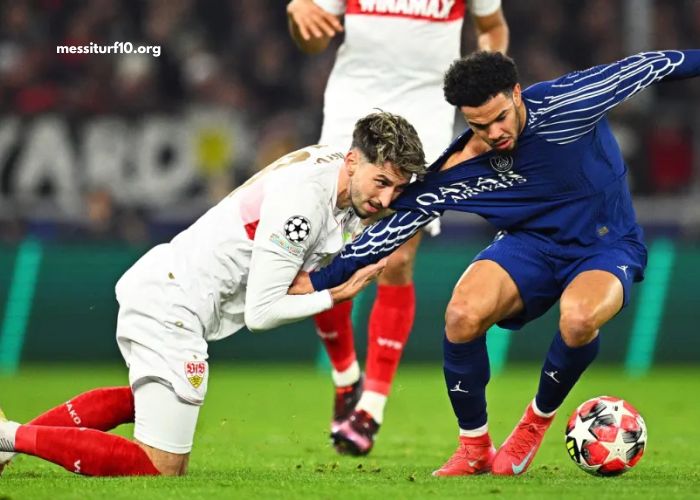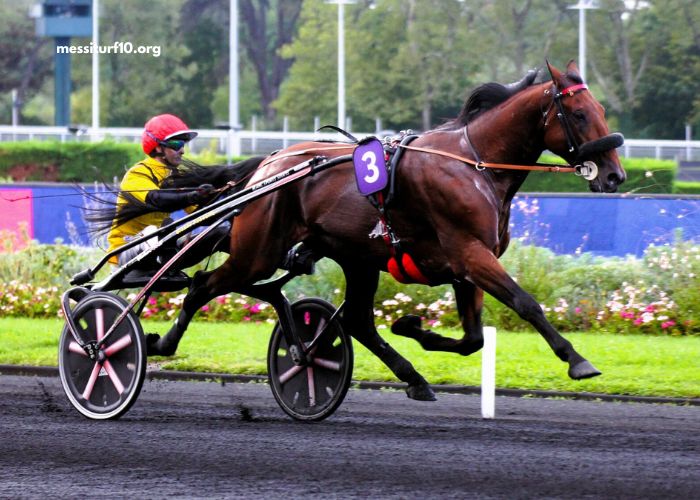Paris Saint Germain, commonly known as PSG, is more than just a football club; it is a symbol of ambition, excellence, and the vibrant culture of Paris. Founded in 1970, PSG has rapidly evolved into one of the most celebrated and successful clubs in the world, attracting a global fanbase and a roster filled with footballing superstars. This article explores the club’s history, achievements, cultural impact, and the future trajectory of Paris Saint Germain.
The Origins of Paris Saint Germain
The roots of PSG can be traced back to the early 1970s when a merger occurred between Paris FC and Stade Saint-Germain. The goal was to create a professional football club that could compete at the highest levels of French and European football. The newly formed club quickly gained traction, thanks in part to its unique identity that combined the glamour of Paris with the passion of football.
The club’s early years were marked by moderate success, but it wasn’t until the 1980s that PSG began to establish itself as a formidable force in French football. Under the management of influential figures like Georges Peyroton and later, Tomislav Ivić, PSG secured its first major trophy, the Coupe de France, in 1982. This victory set the stage for a period of growth and increased visibility on the national and international stage.
Rise to Prominence
The 1990s marked a turning point for PSG as it became a dominant force in French football. The club secured its first Ligue 1 title in 1986, and this success paved the way for further achievements, including multiple domestic cups and a strong performance in European competitions. PSG’s rise was not just limited to trophies; it also began to attract talented players who would become legends of the game.
One of the most significant moments in PSG’s history came in 1996 when the club won the UEFA Cup Winners’ Cup, solidifying its position on the European stage. This triumph was a testament to the club’s growth and ambition, drawing attention from football fans around the world.
The Qatari Era and Transformation
In 2011, PSG underwent a monumental transformation when it was purchased by the Qatar Sports Investments group. This acquisition marked the beginning of a new era for the club, characterized by unprecedented financial backing and an aggressive strategy to attract top talent. The Qatari ownership aimed to position PSG as a leading contender in both French and European football.
With the financial resources available, PSG quickly began to assemble a star-studded lineup. The signings of players like Zlatan Ibrahimović, Thiago Silva, and Edinson Cavani transformed the squad into a powerhouse. Under the management of figures such as Laurent Blanc and later Unai Emery, PSG dominated Ligue 1, winning multiple titles and setting records along the way.
Zlatan Ibrahimović, in particular, became a cultural icon during his time at the club, not only for his on-field performances but also for his larger-than-life personality. His impact on the club helped elevate PSG’s profile, both domestically and internationally.
Recent Success and Global Recognition
In recent years, PSG’s success has only grown, with the club consistently competing at the highest levels of French and European football. The arrival of stars like Neymar Jr. and Kylian Mbappé took the club to new heights. Neymar, acquired in a world-record transfer from Barcelona, brought with him immense skill and flair, while Mbappé, a young prodigy, quickly established himself as one of the best forwards in the world.
PSG’s domestic dominance has been remarkable, consistently clinching the Ligue 1 title and other domestic trophies. The club’s relentless pursuit of success culminated in the 2019-2020 season when PSG reached the UEFA Champions League final for the first time in its history. Although they fell short against Bayern Munich, this achievement marked a significant milestone in the club’s history, showcasing its evolution into a European powerhouse.
The Cultural Impact of PSG
Beyond the pitch, Paris Saint Germain has made a profound cultural impact. The club embodies the spirit of Paris, and its identity is intricately woven into the fabric of the city. The iconic Parc des Princes stadium serves as a fortress for the team, where passionate fans gather to support their beloved club.
PSG’s influence extends beyond football; it has become a fashion icon, frequently collaborating with luxury brands such as Jordan and various streetwear labels. The club’s jerseys and merchandise are not only sportswear but also fashion statements embraced by fans and celebrities alike.
The global appeal of PSG is evident in its ever-expanding fanbase. The club has actively engaged with supporters around the world, organizing events and initiatives to connect with fans. This global outreach has helped solidify PSG’s status as a prominent brand, attracting sponsorships and partnerships with major corporations.
Challenges and Aspirations
While PSG has achieved significant success, the club faces challenges, particularly in its quest for European glory. The pressure to win the UEFA Champions League remains a constant theme, and each season brings heightened expectations. Despite the talent within the squad, the elusive trophy has proven difficult to attain, leading to scrutiny of the club’s management and strategies.
Furthermore, the club must navigate the complexities of maintaining team chemistry while continuously attracting top talent. Balancing individual ambitions with collective goals is crucial for PSG’s long-term success. As the footballing landscape evolves, the club must adapt its approach to remain competitive against other European giants.
The Future of Paris Saint Germain
Looking ahead, the future of Paris Saint Germain appears bright. With a rich history, a strong financial backing, and an ambitious vision, PSG is well-positioned to continue its pursuit of success. The club aims to solidify its place among the elite in European football, striving to capture that coveted Champions League trophy.
In recent years, PSG has also emphasized the development of young talent through its academy. Investing in homegrown players aligns with the club’s long-term strategy and fosters a sense of belonging among fans. Players like Kylian Mbappé exemplify the potential of youth development, serving as role models for the next generation of footballers.
Additionally, PSG’s commitment to community engagement and social responsibility is crucial for its future. The club actively participates in initiatives aimed at promoting inclusivity, diversity, and sustainability. These efforts not only enhance the club’s reputation but also create a positive impact on society.
Conclusion
Paris Saint Germain stands as a testament to the power of ambition and excellence in football. From its humble beginnings to its current status as a global powerhouse, the club has continuously evolved, leaving an indelible mark on the sport. With a rich history, a passionate fanbase, and a roster filled with superstars, PSG is poised for even greater achievements in the future.
As the club navigates the challenges of modern football, its commitment to success, community, and cultural impact will undoubtedly shape its legacy. Whether it’s on the pitch or in the hearts of fans, Paris Saint Germain embodies the spirit of football, making it a true symbol of pride for Paris and a beacon of hope for aspiring athletes worldwide. The journey of PSG is far from over, and the world eagerly awaits the next chapter in this remarkable story.





